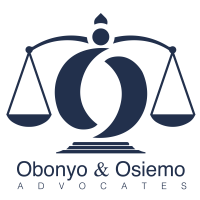As Artificial Intelligence becomes more commonplace, legislatures around the globe have been spooked into enacting regulatory frameworks for AI. Perhaps the most prominent of these is the European Union’s Artificial Intelligence Act.
The United Nations Educational Scientific and Educational Organization (UNESCO) has published a consultation paper on emerging approaches to AI regulation around the world, to spur debate and invite views on the subject. The consultation is open until 19 September 2024. The paper has identified 9 broad approaches upon which AI regulation is based. These are: 1. Principles-based approach; 2. Standards-based approach; 3. Agile and Experimentalist approach; 4. Facilitating and Enabling approach; 5. Adapting Existing Laws approach; 6. Access to Information and Transparency Mandates approach; 7. Risks-based approach; 8. Rights-based approach; and 9. Liability approach.
These approaches are not necessarily mutually exclusive. In many respects, the various proposed regulatory frameworks reflect two or more of these approaches. Whichever approach or combination of approaches is adopted, the important point is to establish a clear and predictable legal framework guiding the development and adoption of AI to provide solutions to the problems confronting humanity.
